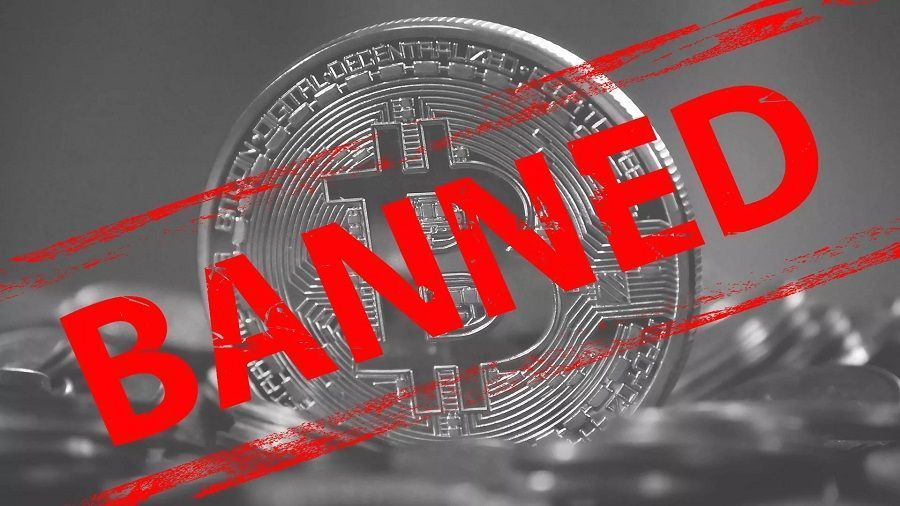The Embassy also called on its citizens to be vigilant about digital assets, especially in relation to projects that guarantee quick enrichment and large profits. Crypto assets are not legal tender, so Chinese citizens should not make any transactions with them, the Chinese diplomatic mission said.
The embassy's warning was published a few days after a law came into force in Angola prohibiting the mining of cryptocurrencies in the country. Angolan lawmakers began discussing a mining ban in August 2023 due to the high consumption of electricity by miners. Now the mining of cryptocurrencies is considered a crime in this state, which can be followed by punishment — imprisonment for up to 12 years. Anyone who owns mining devices faces up to five years in prison.
Angola's Secretary of State for Finance, Otoniel Dos Santos, believes that the ban is aimed at preserving the country's monetary policy. In his opinion, mining has a negative impact on the environment and poses a threat to the energy system. The Chinese Embassy expressed solidarity on this issue, warning that since last year in Angola, several Chinese citizens have already been brought to legal responsibility for mining and illegal use of electricity.
In early April, the Paraguayan authorities also proposed banning the mining of cryptocurrencies for 180 days. However, later, instead of imposing restrictions, lawmakers began to discuss the possibility of selling excessive electricity to miners.
